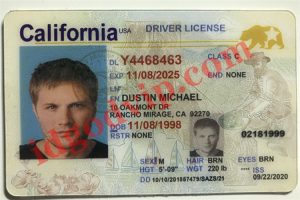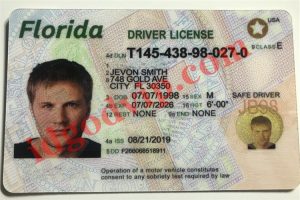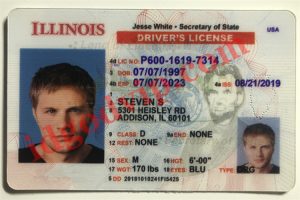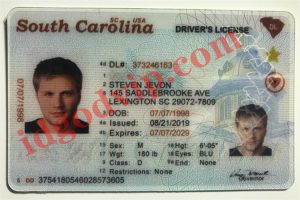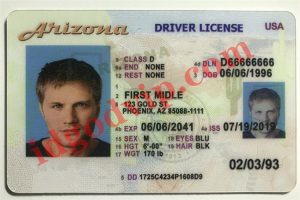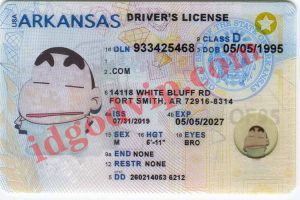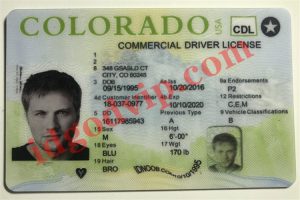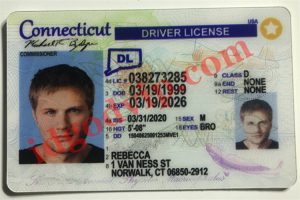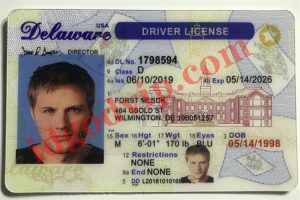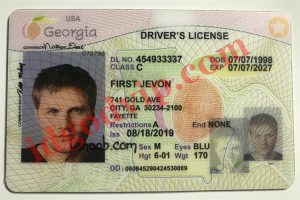Unscannable fake IDs will hurt bars that rely on them
Local agencies that profit from fake IDs will suffer greatly from being unable to scan them.
Last week, Yik Yak and TikTok were flooded with posts showing that fake IDs were no longer being scanned. Right from the start, it started with Old Iron Sides, a maker of a fake id, allegedly seized by the FBI, making their fake id never work again.
Still, it wasn’t long before posts started saying that every fake stopped working, letting minors talk about how they intended to get into bars or buy alcohol. Whether these stories depend on the quality of scannable fake IDs, whether public authorities step in, or whether scanning innovations are updated is unclear, but if it works, it will greatly impact students and wine merchants.
For some, a big part of the school experience is drinking and going to bars and clubs, and countless underage students across the country are considering what options they have now to drink. As students end the week by hanging up with their peers, some students may feel their school life will be more regrettable if the advantage of buying a fake id is eliminated. Fortunately for some students, some clubs and restaurants only look at IDs instead of checking them, but students are losing a good portion of their drinking options anyway.
The cancellation of scanning fake id will definitely affect students, but organisations that rely on student groups will be the most affected. A recent report found that 32 percent of sophomores had fake IDs. At Syracuse University, the number is logically higher because of the school’s famous celebratory and drinking society, which means that when their former clients can no longer burn money at their institution, many of the nearby organizations around the college may be due to fakes id problem, will hurt.
As a result, many of Syracuse’s main students, who have been playing with their peers, will become helpless. While these establishments will continue to do business with upperclassmen, lowerclassmen form part of their clientele. Also, many clubs and bars are only known among younger students with scannable fake ids, while older students create in specific settings, especially those close to the venue. Assuming that these close puts are strongly reliant on a client base of underage students, it’s almost guaranteed that their interests will last for some time, assuming they need to fire people who use fakes.
Liquor stores will also be affected, especially those that scan fake ids for every purchase, as non-checked fakes are not available. Since most underclassmen do not have vehicles, they can obtain strong alcohol from adjacent locations that underclassmen may not now have access to. Researchers burn a lot of cash in these regions, but a portion of that current customer base will never exist again.
Fortunately, seniors and Syracuse locals will continue to visit the scenes, but for these nearby liquor suppliers, the lack of young people could be bad for business. Neighborhood clubs, bars and liquor stores may feel the economic impact of losing underage customers if stopping scanning fake IDs doesn’t lead to bankruptcy.
